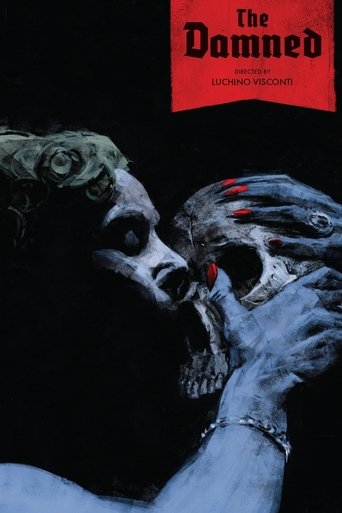Él se convirtió en el segundo hombre más poderoso de la Alemania nazi.
Crónica sobre las vicisitudes de los Essenbeck, una familia de la alta burguesía alemana propietaria de una importante empresa siderúrgica. La historia se extiende desde el incendio del Reichstag (1933) hasta la "Noche de los cuchillos largos" (1934), durante la cual tuvo lugar la matanza de los miembros de las SA. Tras la subida al poder del nacionalsocialismo, la familia discute qué posición debe adoptar respecto al nuevo régimen. Sólo uno de sus miembros, Herbert, se niega a apoyarlo, sobre todo a raiz del incendio del Parlamento alemán, razón por la cual tendrá que huir dejando en Alemania a su esposa y a sus hijas. Los Essenbeck no podrán evitar verse envueltos en las luchas de poder entre las distintas facciones nazis.
*Si nuestra moderación aprueba tu versión, será reemplazada y serás acreditado como autor del texto.
Año1969
Presupuesto2000000$
Duración158 minuto
Ingresos5000000$
GénerosDramaHistoria
Países de producciónGermanyItaly
